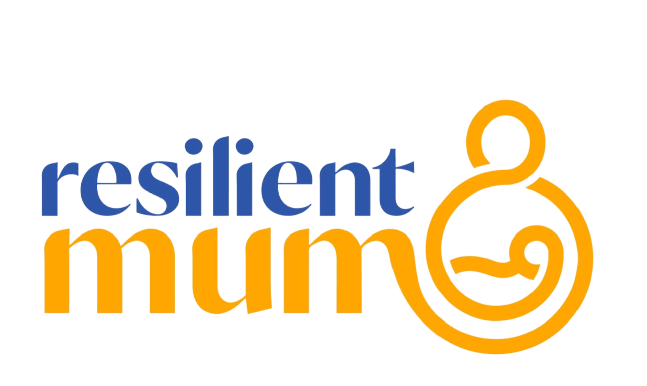Speech therapy can provide numerous important benefits for individuals with autism. Let me explain the key advantages:
Communication Skills Development:
- Improved verbal expression, including clearer pronunciation and expanded vocabulary
- Enhanced ability to form sentences and engage in conversations
- Better understanding and use of nonverbal communication like gestures and facial expressions
Social Language Skills:
- Learning conversation skills like taking turns and maintaining topics
- Understanding social cues and body language
- Developing pragmatic language skills (using language appropriately in social situations)
Cognitive and Learning Benefits:
- Improved ability to process and respond to verbal information
- Enhanced listening comprehension
- Better academic performance through improved communication abilities
Emotional and Social Benefits:
- Increased confidence in social interactions
- Reduced frustration from communication challenges
- More successful peer relationships and social integration
Early intervention through speech therapy is particularly beneficial, though people can benefit at any age. Speech therapists typically create individualized treatment plans based on each person’s specific needs and abilities.
Autistic individuals usually experience deficits in communication. To make the communication easier for them we can use different methods to ease their frustrations. Besides speech therapy we can use PECS (picture exchange communication system), AAC devices, and sign language.
Alternative Communication Methods:
- Learning to use augmentative and alternative communication (AAC) systems when needed
- Picture exchange communication systems (PECS)
- Sign language or other visual supports as appropriate
Speech and oral activities:
- Blowing bubbles
- Blowing on whistles
- Playing flute
- Playing harmonica
- Eating crunchy foods
- Drinking thick liquid/smoothies from straw



